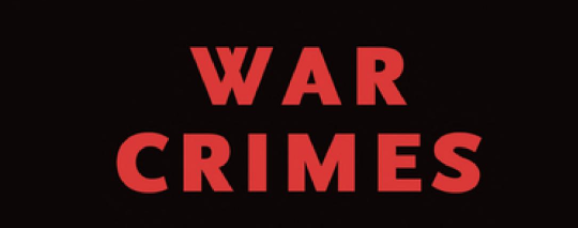
A special prosecutor is to pursue war crimes allegedly staged by elite Australian soldiers in Afghanistan between 2005 and 2016. Prime Minister Scott Morrison said a report due next week would be “hard reading.”
Prime Minister Scott Morrison Thursday said a special investigator would be appointed to further pursue allegations of Australian war crimes committed in Afghanistan by members of its special forces.
A long-awaited Australian Defence Force (ADF) report examining the behavior of Australia’s Special Operations Task Group ( SOTG) between 2005 and 2016 was due next week, Morrison said, and would be “hard reading.”
Elite Australian soldiers were deployed in Afghanistan in 2002, alongside US and allied forces sent after the September 11, 2001, attacks on New York and Washington.
The alleged atrocities became widely known in 2017 when public broadcaster ABC published the leaked “Afghan files” — hundreds of ADF documents on claims that Australian troops had killed unarmed men and children in Afghanistan.
Australian jurisdiction, not ICC
Findings raised in the ADF inquiry, where substantiated, would be prosecuted in court, Morrison said Thursday, in a move seen as forestalling jurisdiction by the International Criminal Court.
To avoid overburdening the ADF, said Morrison, the special investigator, with power to prosecute, would have his or her own office based in Australia’s Department of Home Affairs.
The special prosecutor would be assisted by experienced investigators, legal counsel and other support personnel, the premier said.
“We need to deal with this as Australians, according to our own laws, through our own justice processes and we will,” Morrison insisted.
Focus on 10 incidents
Australian ABC broadcasting said the inquiry report, compiled by Justice Paul Brereton, himself an army reserve officer, for the ADF’s inspector-general, had recommended criminal prosecutions or military sanctions related to about 10 incidents involving between 15 and 20 people.
The incidents mentioned in the inquiry report, noted the ABC, were not focused on decisions made during the “heat of battle” but treatment of individuals who were “clearly non-combatants.”
The “Afghan Files” disclosures of 2017 resulted in Australian police launching an investigation against ABC reporter Daniel Oakes and his producer, Sam Clark,over obtaining information regarded by the military as classified.
The ABC’s Sydney headquarters was raided last year, prompting strong protests. Federal prosecutors eventually decided to drop that case against the journalists.
Morrison backs military
Morrison on Thursday said he was “extremely thankful” to ADF personnel who widely “uphold out values,” expressing hope that their image would not be tarnished by the report.
An advisory panel, he added, would be established inside Australia’s Special Air Service (SAS) Regiment and its 2nd Commando Regiment to work on “warrior culture” attitudes within the units.
Australia withdrew its forces from Afghanistan in 2016, with the departure of more than 1,000 soldiers from the southern province of Uruzgan.
ipj/rc (AFP, dpa)

